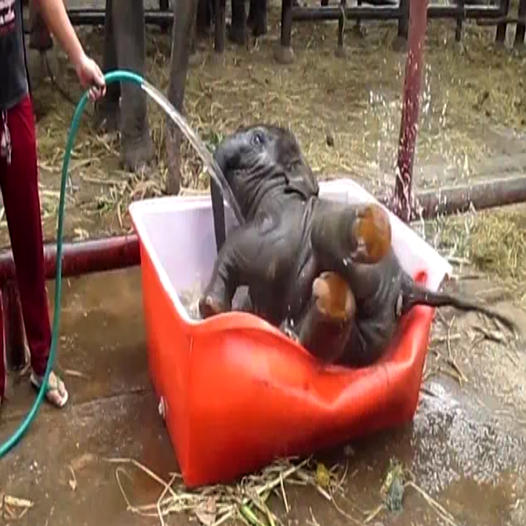
Education plays a key role in the growth of a child, but it is important to find a balance between academic expectations and their overall well-being. This article delves into the obstacles faced by infants in terms of academic pressure and highlights the significance of a nurturing learning environment that allows them to thrive.
Infants are at the initial stages of their cognitive, emotional, and physical development. It is crucial to acknowledge and respect their individual developmental needs when it comes to learning. Forcing babies beyond their capacities or burdening them with excessive academic demands can hinder their natural progress and create unnecessary stress.
Rather than solely focusing on academic accomplishments, it is crucial to foster a love for learning in infants. By establishing a stimulating and nurturing atmosphere, we can encourage their innate curiosity and eagerness to explore the world. Engaging them in age-appropriate activities and providing opportunities for play-based learning can cultivate a lifelong passion for acquiring knowledge.

Having a structured learning environment is great for establishing routine and discipline, but it’s equally important to be flexible and cater to each baby’s unique pace and preferences. Giving them the freedom to learn at their own speed and providing outlets for self-expression and creativity can help reduce the stress that comes with academic expectations.
Education shouldn’t solely focus on academic subjects. It should take a holistic approach, encompassing the overall development of babies, including their physical, emotional, and social well-being. By balancing academic activities with opportunities for physical exercise, emotional expression, and social interaction, we can foster well-rounded and flourishing children.

Parents have a vital role in establishing a positive atmosphere for their infants when it comes to learning. By offering emotional assistance, inspiration, and guidance, parents can help alleviate the stress associated with academic expectations. Active involvement in their child’s educational journey, celebrating achievements, and focusing on the joy of learning rather than just the results can contribute to a healthy attitude towards education.
While education is undoubtedly important, it is equally important to recognize and address the potential pressures that babies may encounter along their learning path. By nurturing a balanced approach that acknowledges their developmental needs, cultivates a passion for learning, and promotes overall growth, we can create an environment where babies can excel academically and emotionally. Let us prioritize their well-being as a whole and equip them with the tools and support they require to embark on a rewarding educational journey.




